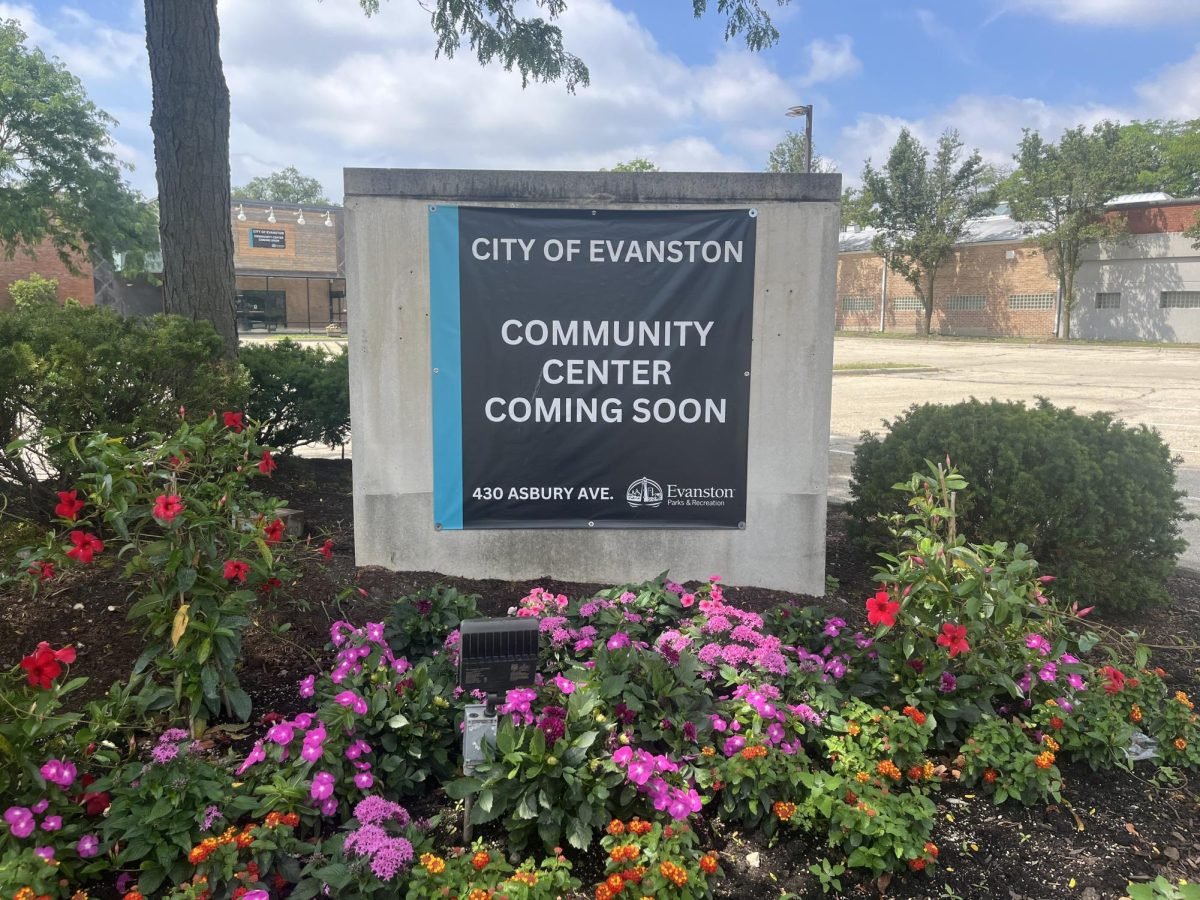At their first meeting of the new year Wednesday, members of the implementation task force for Evanston’s Climate Action and Resilience Plan discussed the main contributors to the city’s greenhouse gas emissions and reviewed the 2024 agenda for sustainability and resilience before it heads to City Council.
The agenda calls for more sustainable facilities in municipal buildings, training for city employees about CARP’s goals, various additional community projects and ordinances to tackle issues like electrification and parking minimums. Sustainability and Resilience Manager Cara Pratt will present the agenda during Monday’s City Council meeting.
According to slides shown during the meeting, greenhouse gas emissions decreased by 36% from 2005 to 2022. When accounting for renewable energy credits, which Evanston receives based on the amount of electricity generated from renewable energy sources in North and South Dakota, emissions decreased overall by 48%.
[Read more about Evanston’s renewable energy credits here]
Finalized in late 2018, CARP includes goals like carbon neutrality, or 0% carbon emissions, by 2050. Subgoals include decreasing greenhouse gas emissions by 50% by 2025 and 80% by 2035.
Task force member Hank Neuberger said the group should place these goals in perspective when presenting them for the public, warning of the potential dangers if these goals are not met.
“(Fulfilling these goals from) 2025 to 2050 is no sure thing,” Neuberger said. “It will require the community and the utilities to come together.”
Sustainability and Resilience Specialist Ben Martin said the main reductions in emissions between 2005 and 2022 came from fewer vehicle miles traveled and less commercial and residential electricity usage.
According to Martin, commercial and industrial gas have been a main contributor to Evanston’s emissions since 2005. However, Martin did not list gas as a primary reason for reductions, and Pratt this is an area for improvement.
“If gas is one of the top contributors and it’s not a significant source of reductions, then we need to do something about gas,” Pratt said.
Several task force members also discussed opportunities for the city to work with community-based organizations to secure federal grants to aid in CARP implementation.
Pratt said she would like to request that City Council members take a more active role in supporting CARP’s goals.
“We still need referrals for some of this legislation,” Pratt said. “When there’s budget requests, they need to be weighed with the other city priorities. And (councilmembers) are the ones who need to be requesting updates from staff on different topics.”
Task force member Jerri Garl suggested training senior supervisors and councilmembers on CARP’s goals.
Garl added that city staff working on more targeted strategic plans — including for parks and green space, source water protection, and stormwater maintenance — should periodically provide clear reports to the Environment Board on their progress toward CARP’s goals.
“There’s a tendency … to display how wonderful everything is, and that’s understandable, but for transparency purposes and to really understand (city employees’) direction, we need clarity on what needs to be done and that there’s a plan,” Garl said.
Email: [email protected]
Twitter: @edwardsimoncruz
Related Stories:
— CARP Implementation Task Force discusses new community dashboard to track climate action data
— Local activists criticize slow efforts sustainability efforts
— Sustainability coordinator shares CARP progress, shortcomings at City Council meeting


















